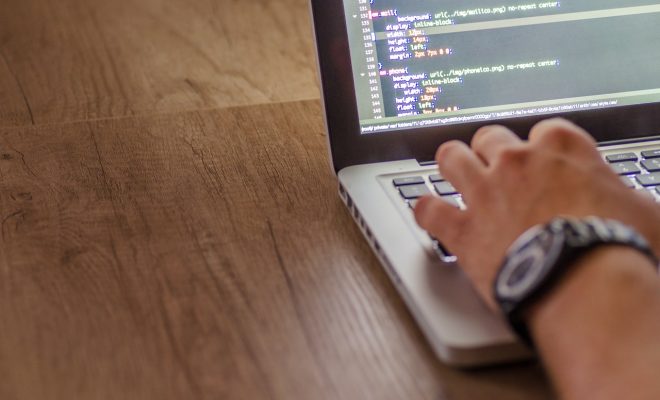What Does a Future Ready College Student Look Like?

The effort to ensure that students are “future ready” has gained momentum in recent years as more and more stakeholders have recognized the importance of digital learning tools to ensuring the success of students. And while the effort has largely focused on elementary and secondary education, that does not mean that college students are off the hook. Rather, the same principles that benefit younger students will help college students make the most of their higher education experience. In fact, since one of the main aspects of the future ready movement is ensuring that students are prepared for college and work, the need for college students to have these skills developed is all the more acute.
One principle from the future ready movement that can benefit college students is the idea of personalized learning. College students are old enough to take learning into their own hands and ensure that they are maximizing their opportunities. For example, college students should take advantage of office hours and study sessions. They can also use digital tools such as Skype or Google Hangouts to increase their interaction with their instructor and with other students. They can also seek out the many online digital resources that can help them fully understand course materials.
While the best tools will depend on the subject being studied, Google Scholar is an excellent all-purpose source for accessing reliable information. Students should seek out resources on their campus that can inform them about edtech tools that can maximize their study time and thus improve their learning.
College students will also benefit from mastering edtech tools—instead of letting the tools master them. Most college students multitask with tech tools (or, perhaps more frequently, tech toys and social media), but they need to understand that research shows that multitasking decreases productivity and learning. In fact, student performance increased when a student did not have their phone in the room. Even a phone face down on the desk decreased a student’s cognitive performance. While it takes a great deal of discipline, students should learn to separate their study time from their social time in order to maximize their learning.
Perhaps the most important way in which college students can become future ready is to think deeply and carefully about data and privacy. College students need to understand the potential ramifications of decisions to “overshare,” especially about socially unacceptable or immature behaviors. Further, they need to be careful to keep their data private to prevent identity theft and fraud. Fortunately, there are a variety of online resources that can walk a student through the process of gaining digital literacy, so that they can secure their data and ensure their privacy. These abilities are just as essential to the twenty-first century as locking one’s car doors was in the last century.






